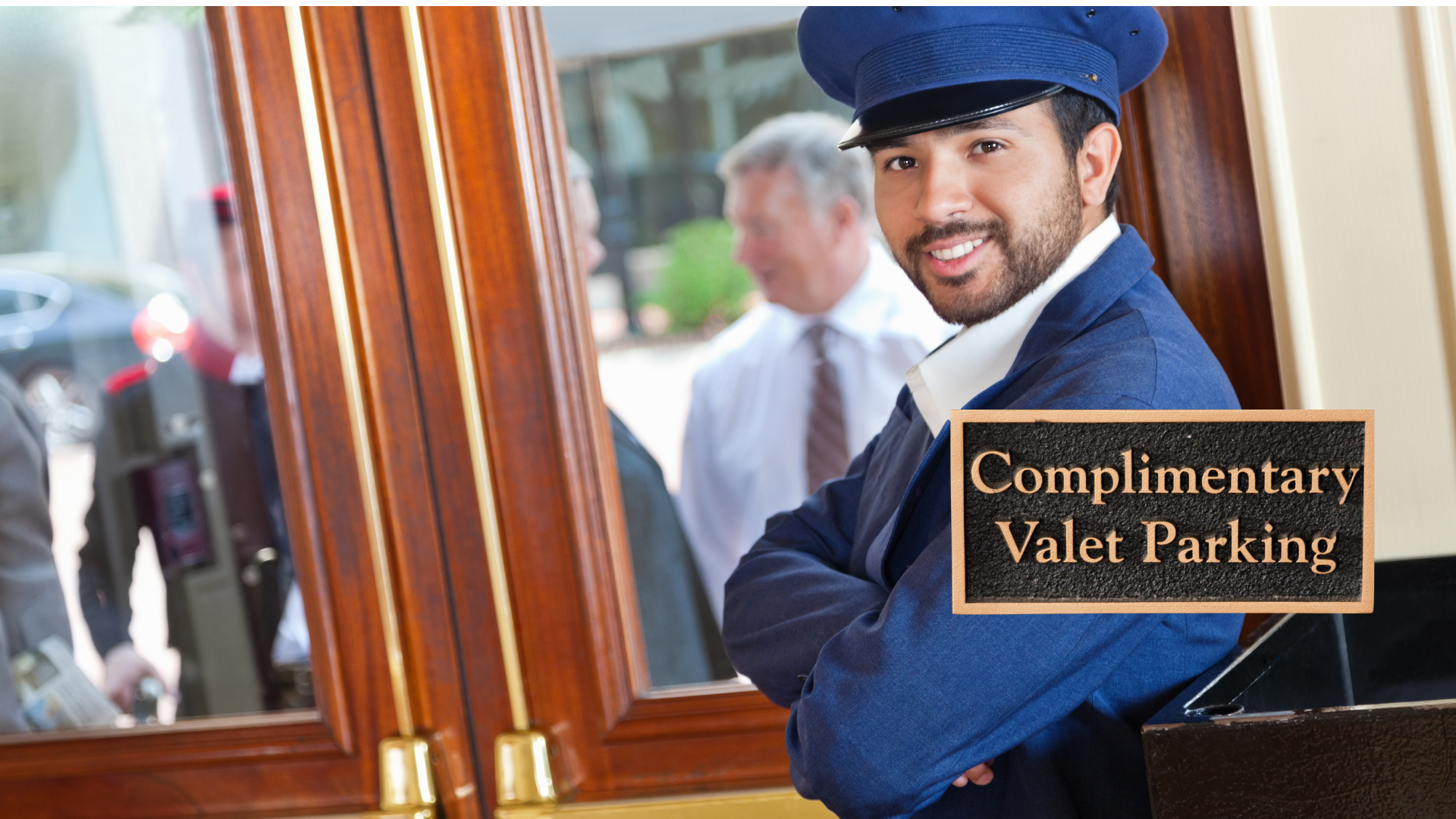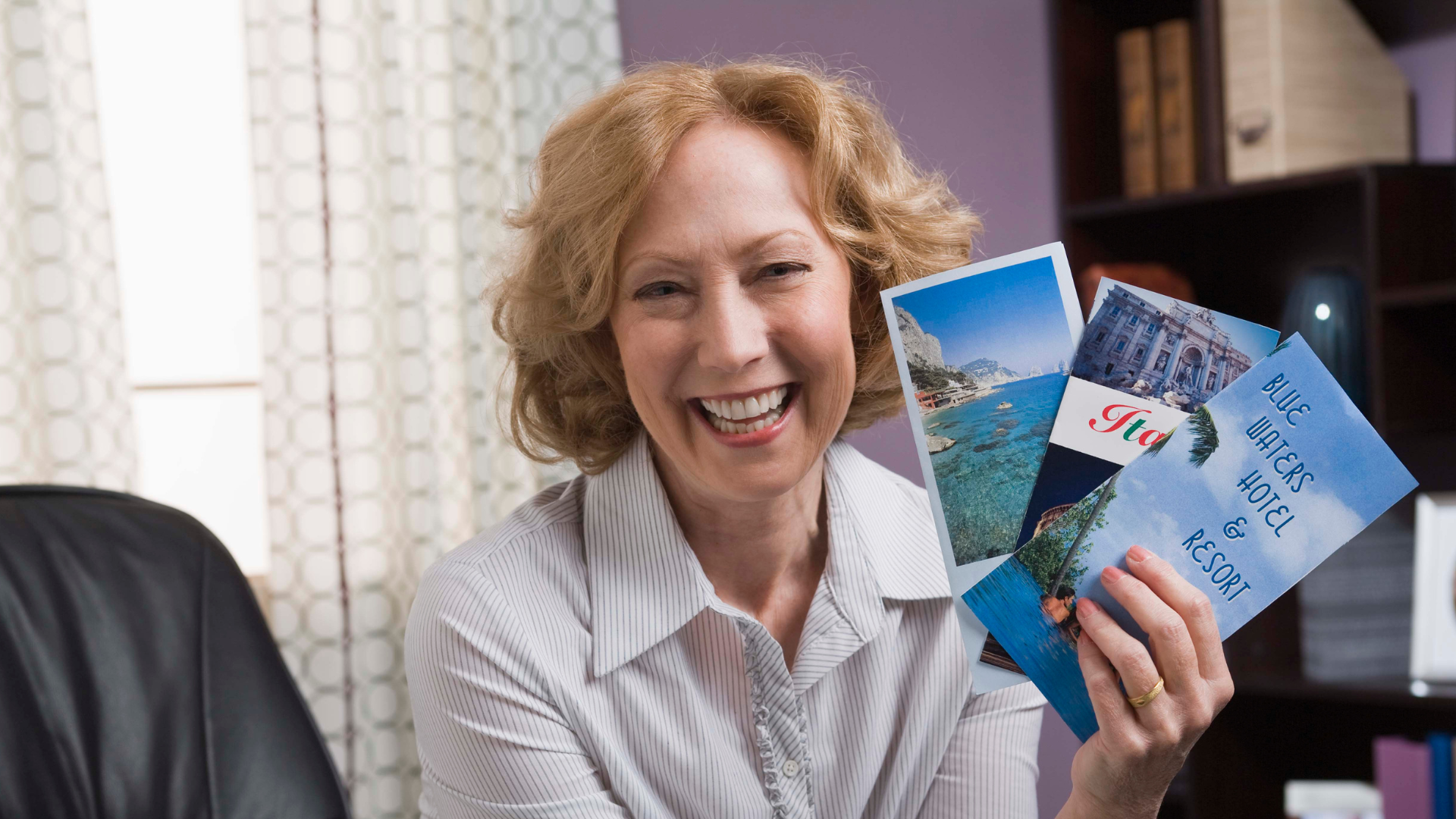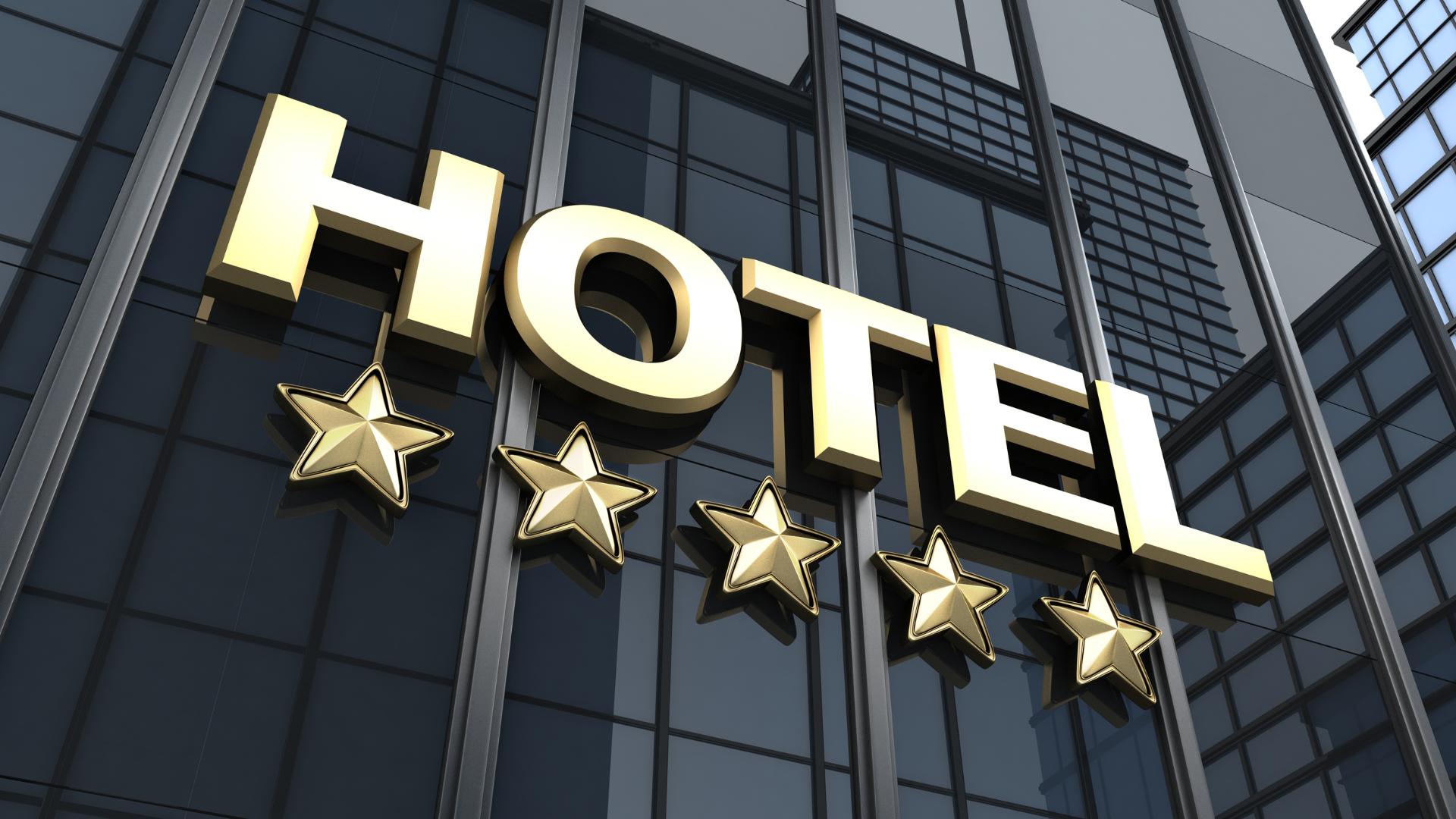Guest Types and Related Services

Hotel guests can be classified according to their:
Trip Purpose - Pleasure or business travelers
Numbers - Independent or group travelers
Origin - Local or overseas travelers
Front-line staff, especially receptionists and reservation staff, should be equipped with product knowledge which enables them to recommend or explain to their guests what is being offered by the hotel.
Some basic concepts about the accommodation products, including bed types, room types and room rates are described in this section.
Types of Hotel Guests
Hotels cater to a diverse range of guests, including families, business travelers, foreigners, and tourists, visiting for both work and leisure.
Below are some of the most common hotel guest types.
Leisure Travelers
These individuals are travelers who embark on trips for leisure activities such as outdoor recreation, relaxation, visiting friends and family, or attending sports and cultural events.
Corporate Business Travelers
Business travelers are individuals who travel for work-related purposes, typically with the intention of attending business meetings, and workshops or engaging in activities such as selling or purchasing products. Enterprises often book their accommodations at reduced room rates due to their frequent travel.
Free Independent Travelers ( FITs )
The phrase "foreign independent travelers" (FITs) describes international tourists who handle their own travel arrangements and lodging.
Group Inclusive Tours (GITs)
Group tourists frequently opt for package tours, which include lodging and, at times, meals, booked through travel agencies. This approach allows for budgeting of expenses, resulting in reduced expenditure.
Conference Participants
This refers to individuals who travel for conferences and arrange their own accommodation either through their company or the conference organizers before their arrival.
Very Important Persons ( VIPs )
Individuals considered VIPs may comprise notable public figures, repeat visitors, those occupying premium rooms, guests with security concerns, and high-ranking executives from corporations.
Domestic Tourists
They are local residents who stay at a hotel for special occasions and functions.
Incognito
They are guests who stay in a hotel with concealing identities, so as to avoid notice and formal attention.
Types of Guest Requests
Guests requiring assistance during their stay should direct their requests to the hotel front office or other relevant departments. It is of utmost importance to ensure that guests' needs are met with promptness in order to guarantee their comfort and satisfaction with the services provided by the hotel.
Leisure Travelers
Leisure Travelers and Holiday Makers
Typical holiday guest requests:
• Rollaway bed/ baby cot;
• Connecting rooms;
• In-room movies;
• Sports facilities, e.g. gymnasium, swimming pool;
• Spa facilities for beauty and health treatments, e.g. massage, hydrotherapy, facials, and intensive foot and hand therapies;
• Babysitting service.
Business Travelers
Business Traveler
Typical Business Traveler guest requests:
• Broadband Internet service;
• International direct dialing (IDD) service;
• Local & international newspapers;
• Laundry/valet service;
• Shoes polishing service;
• Other business facilities, e.g. business centre, executive floor, fax machine, laptop computer, conference and meeting facilities.
Special Needs
Guests with Special Needs
Typical Special Needs guest requests:
• Wheelchair; and
• Facilities for the disabled.
Other Requests
Other Requests
Some other requests received from guests:
• In-room dining (Room service);
• Doctor service;
• Smoke-free guest room;
• Room make-up service;
• Alteration & mending service;
• Repair and maintenance service;
• Food & beverage enquiries, e.g. hours and location of meals.
Some hotels offer meal options to guests when they reserve rooms.
Four common hotel meal options are described in the table below:
Meal Options
Description
American Plan (AP)
European Plan (EP)
Continental Plan (CP)
Modified American Plan (MAP)
Room only
Room with breakfast
Room with 2 meals, usually breakfast and dinner
Room with 3 meals, i.e. breakfast, lunch, and dinner. Afternoon tea is also included in some hotels
Related Products and Services
Further examples of products and services which can be included in the room rate are listed below:

Gymnasium
Valet parking
Free shuttle service
Bell service
In-room complimentary food and beverage items (e.g. tea and coffee bags)
Express check-in service
Free access to the executive lounge
Complimentary newspapers
Welcome drinks at bars or lobby lounge, etc.
Hotel Brochures and Tariffs

The Importance of Hotel Brochures and Tariffs in Sales and Marketing
Hotels use brochures and tariffs as essential sales and marketing tools to provide guests with information on room rates (rack rates) and available amenities and services. Brochures usually showcase images of guest rooms, restaurants, and other facilities. Tariffs, on the other hand, contain updated information on room rates as prices may vary. These separately printed inserts ensure that guests are always informed on the latest pricing and can make informed decisions.
Next Lesson
Another way to classify hotels is by their ownership, which can be:
Private - An independent hotel owned by a person, or private enterprise.
Local Group - Hotels owned by a local enterprise
International Group - A hotel which is part of an international chain of hotels




